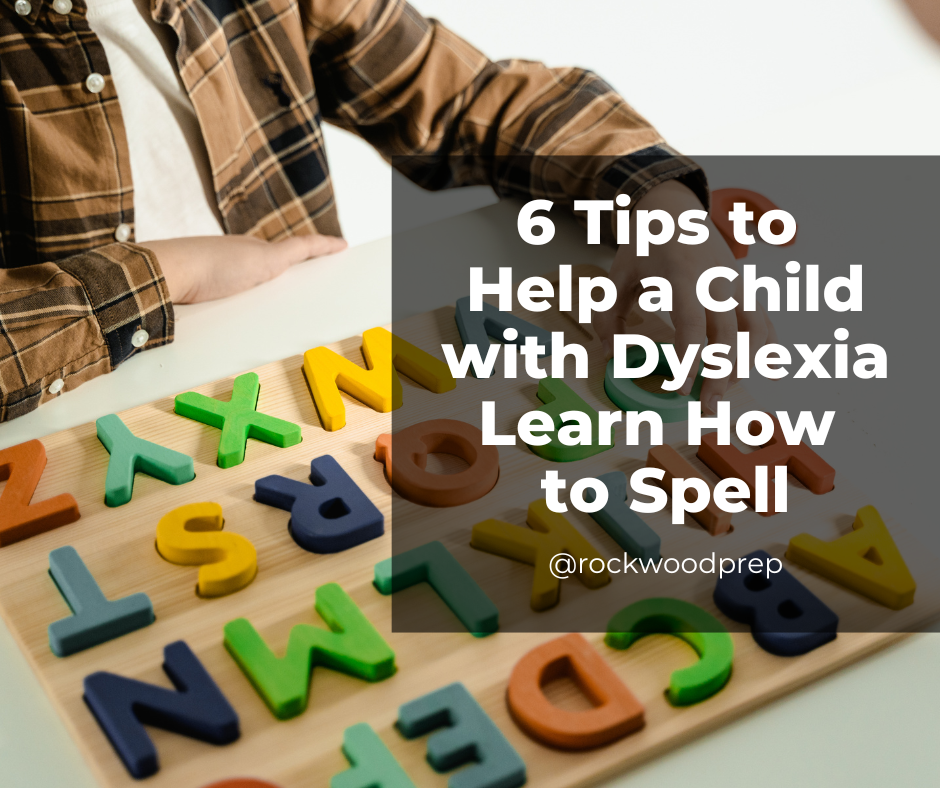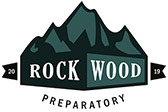
When it comes to spelling, English grammar rules and exceptions can be especially difficult for children with dyslexia to understand. You know the rhyme: I before E except after C except when it isn’t. Look at words like science, society, or species carefully. What do you notice?
No wonder children with dyslexia struggle with spelling.
But with the right strategies and support, children can gain the tools they need to build spelling confidence and succeed in the classroom.
FACT: A high percentage of misspelled words, difficult-to-read handwriting, poor organization, a lack of fully developed ideas, and/or a lack of diverse vocabulary.
How Dyslexia Affects Spelling
Dyslexia profoundly affects the critical skills required for reading and spelling. Children with dyslexia may:
- Struggle to break words into sounds (phonological processing)
- Mix up letters or letter order (orthographic processing)
- Have difficulty storing and recalling the visual patterns of words (visual memory)
- Find it hard to apply traditional spelling rules
This means that simply seeing or hearing a word may not be enough for a child with dyslexia to learn how to spell it accurately. That’s why many families turn to structured interventions and dyslexia support services in Arizona to help their children succeed.
Strategies to Help Dyslexic Children with Spelling
1) Use Multisensory Learning: Children with dyslexia often learn best when multiple senses are engaged. Instead of just writing a word on paper, encourage activities like:
- Tracing letters in sand or shaving cream
- Using magnetic letters to build words
- Saying each sound aloud while writing it down
Tactile and auditory reinforcement helps the brain create stronger connections.
2) Teach Spelling Patterns and Word Families: Instead of memorizing long lists, help your child focus on patterns.
- ight words (light, night, fight)
- tion endings (nation, station, vacation)
- Prefixes and suffixes (un-, re-, -ed, -ing)
Understanding these recurring chunks reduces overwhelm and helps children decode new words more effectively.
3) Practice “Chunking” Words: Break longer words into smaller, more manageable parts. Below are two examples:
- com–mu–ni–ca–tion
- in–for–ma–tion
Chunking improves both spelling and reading fluency.
4) Use Technology Tools: Assistive technology can be a game-changer:
- Speech-to-text software for writing assignments
- Spelling apps designed for dyslexia (such as Nessy or Ghotit)
- Audiobooks combined with printed text for word exposure
These tools allow children to access learning while still building their spelling skills. For many families, pairing technology with private schools for kids with dyslexia provides an extra layer of support and consistency.
5) Encourage Repetition and Overlearning: Children with dyslexia often need more repetition than their peers to master a word. Incorporating spelling into games, songs, or daily practice helps strengthen recall. Below are three game ideas:
- Spelling scavenger hunts
- Memory-matching word cards
- Word of the day challenges
6) Celebrate Progress, Not Perfection: Spelling may always be more difficult for children with dyslexia, but that doesn’t mean they can’t succeed. Celebrate small wins like mastering a tricky word family or remembering a silent letter.
Confidence is one of the most powerful tools your child can have. -Marci Gabriel, CEO, Rockwood Preparatory Academy
Spelling doesn’t have to be a daily frustration. By using multisensory learning, focusing on patterns, leveraging technology, and celebrating progress, children with dyslexia can gain confidence and independence in their spelling journey.
At Rockwood Prep, we understand the unique challenges students with dyslexia face. Our structured environment, small class sizes, and tailored instruction make us a trusted choice for families seeking dyslexia support services in Arizona.
If you’d like to see how we can help your child thrive, we’d love to meet you.
Book a tour today or call 480-530-0886 to explore how Rockwood Prep can support your child’s success.
Dyslexia is a language-based learning disability. Dyslexia refers to a cluster of symptoms, which result in people having difficulties with specific language skills, particularly reading. Students with dyslexia usually experience difficulties with other language skills such as spelling, writing, and pronouncing words. Dyslexia affects individuals throughout their lives; however, its impact can change at different stages in a person’s life. It is referred to as a learning disability because dyslexia can make it very difficult for a student to succeed academically in the typical instructional environment, and in its more severe forms, will qualify a student for special education, special accommodations, or extra support services.
